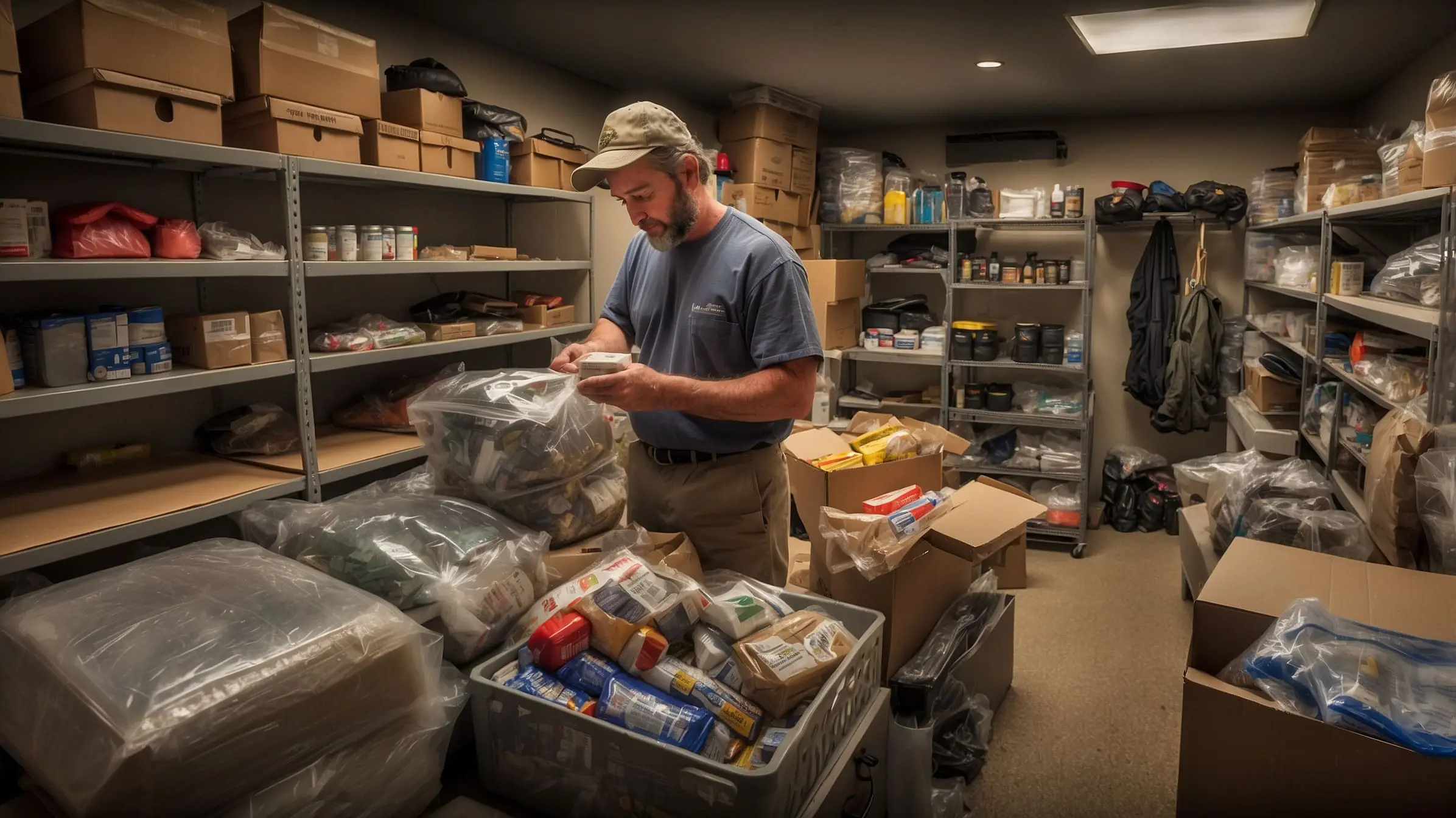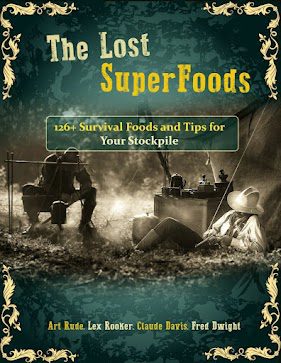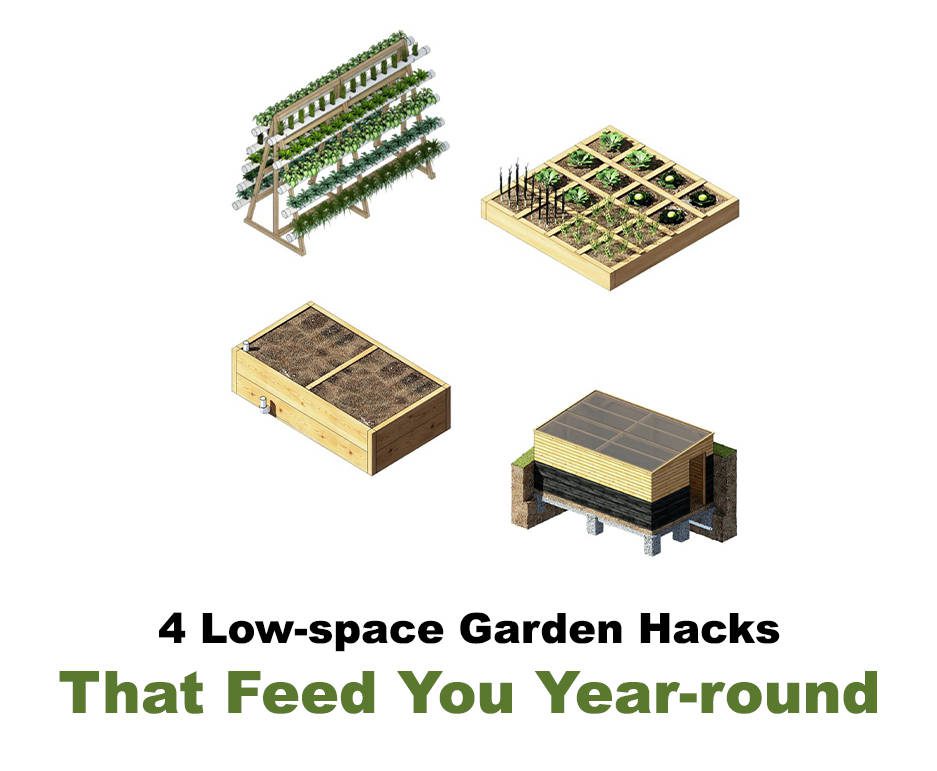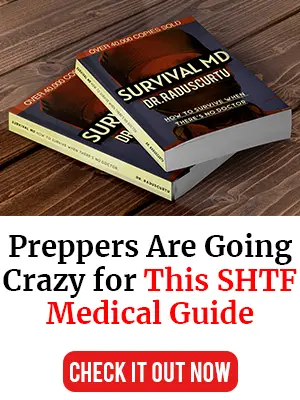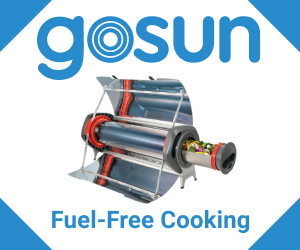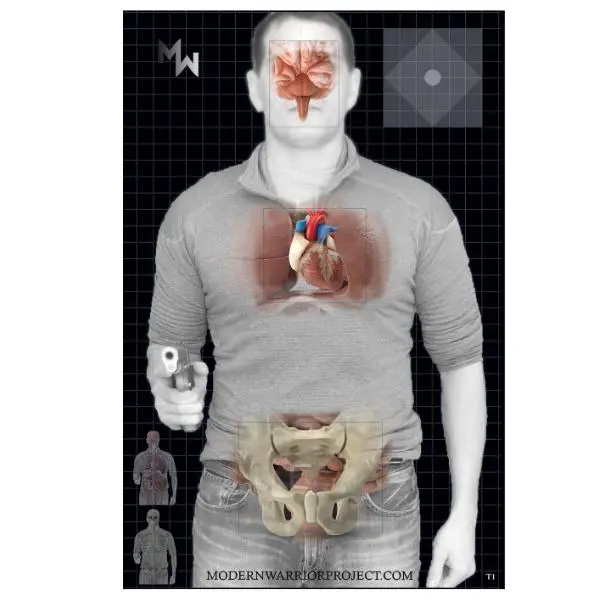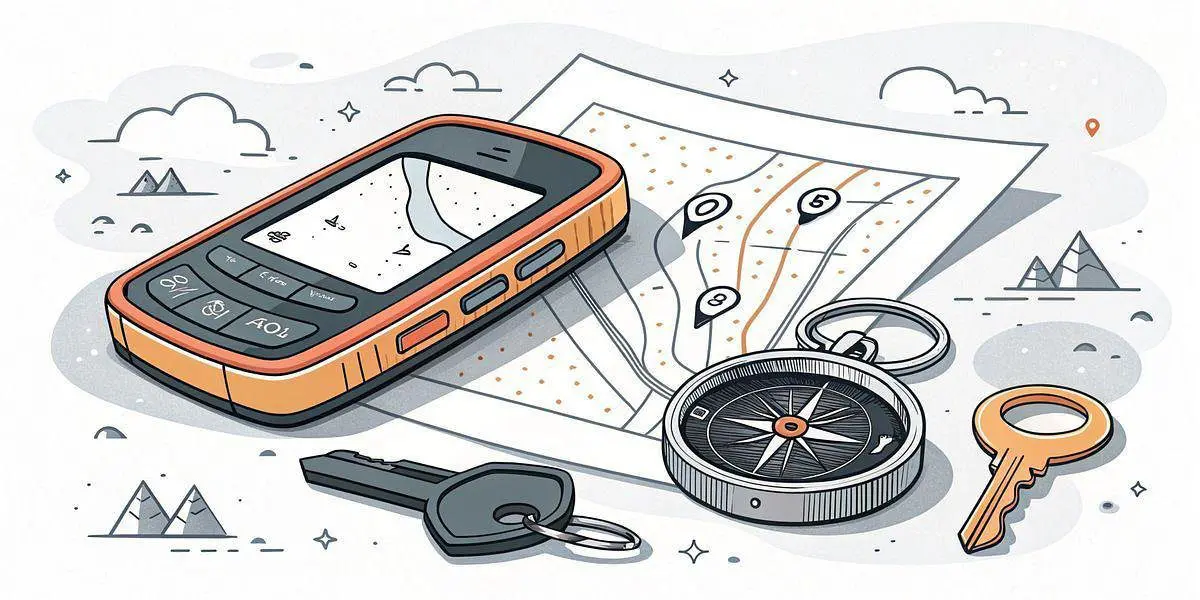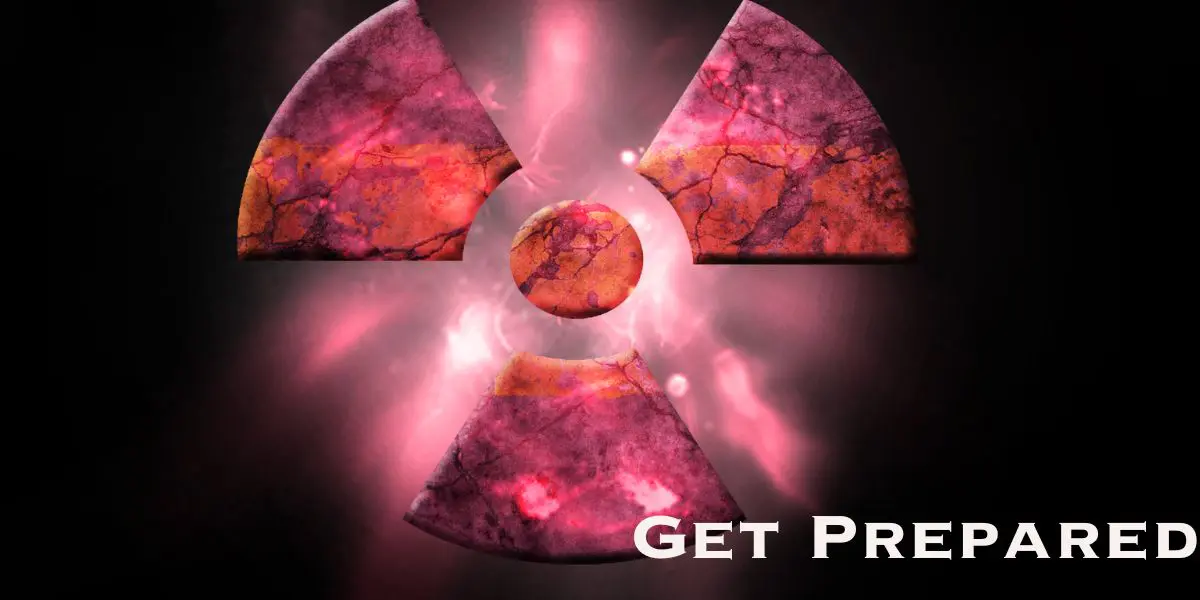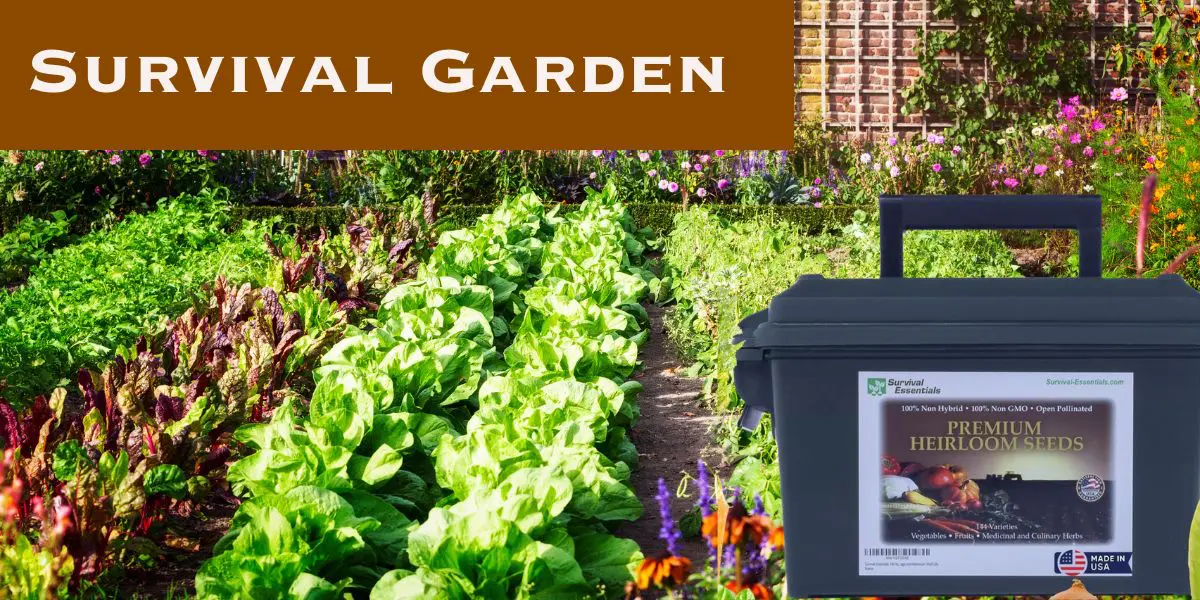Beyond Food—What Else Should You Keep on Hand
As a prepper, the immediate concern is often starvation. However, in a catastrophic emergency, there are numerous other essentials you’ll need beyond just food. From tools to prepare your meals to medical supplies and hygiene products, being thoroughly prepared can make all the difference. Here’s a comprehensive list of items to keep on hand beyond just food.
Toilet Paper
There’s a reason this tops the list. Toilet paper is a crucial part of maintaining hygiene and a semblance of normalcy. Track how much your family uses each month and stockpile accordingly for the duration you’re prepping for. This will help conserve water that would otherwise be used for cleaning. Another great option/alternative for this is installing a bidet, as well as stocking a portable bidet. These do require water, so dependant on the crisis they may or may not be a best option.
International Water Storage Containers for Emergency Water Storage | Food-Grade HDPE Plastic | BPA-Free | STD Blue
Water
Dehydration is another major concern. Water is essential for drinking, bathing, cooking, and cleaning. If you have access to running water, you can even use it to power a generator via a water wheel. Ensure you have enough water for drinking, cooking, and hygiene for every family member. Remember, you can never have too much water.
Power Sources
If you don’t have a water wheel generator, you’ll need alternative power sources. Batteries, solar panels, and regular generators are all excellent options. Power is essential for lighting and temperature regulation, which are critical for survival. Extreme temperatures can be deadly and cause numerous health issues. While fire can help, it’s not ideal for poorly ventilated spaces and doesn’t assist during heatwaves. Stock up on batteries for heaters, cooling fans, and lights. Invest in a solar-powered generator and a backup generator. Additionally, ensure you have a burner for cooking and boiling water.
Cooking Supplies
Cast iron cookware is ideal due to its durability and one-piece construction. Just remember to have high heat-proof gloves for handling them. Stock up on cast iron pots and pans in various sizes and store them in your designated space. You’ll also need knives, can openers, peelers, and cooking utensils. Opt for simple, durable, one-piece tools to avoid breakage over time. Don’t forget plates, bowls, and eating utensils—stainless steel is recommended for its safety and durability.
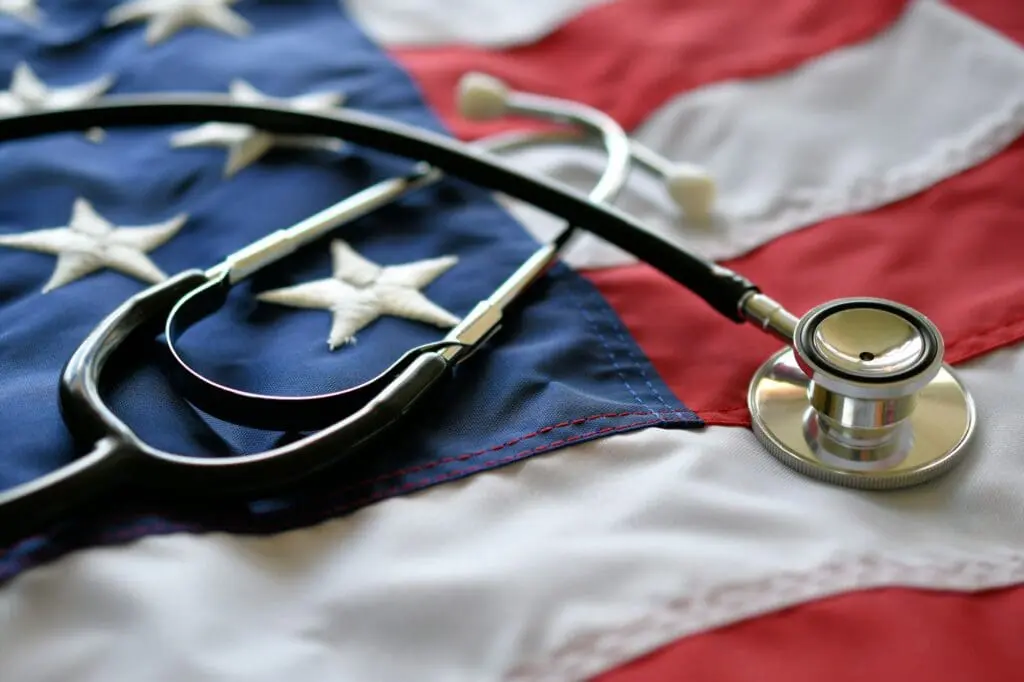
Medical Supplies
First aid supplies and backup medications are a must. Pay attention to expiration dates and interaction information. Stockpile bandages, disinfectants, compression wraps, gauze, stitching tools, antibiotics, expectorants, vitamins, supplements, crutches, and even a wheelchair if possible. Prepping is all about being ready for any eventuality.
Books
Knowledge is power, and books are invaluable as they can’t be deleted or lose battery power. Have books on local edible plants, hunting and dressing game, field medical care, and more. Most importantly, read them. They’re useless if you haven’t studied the necessary information. Ensure everyone in your family has access to and understands the material in these books.
Basic Tools
Having a well-stocked toolbox can be a lifesaver in an emergency. Start with the basics: hammers, screwdrivers, and wrenches. From there, expand to include tools like a dremel, soldering iron, and drill. Additionally, stock up on nails, screws, nuts, bolts, and rope. These items can be invaluable for repairs and makeshift solutions in a crisis.
There you have it—some essential items to keep on hand beyond food when you’re a prepper. Use this guide to review your supplies and ensure you’re fully prepared for any catastrophe.

